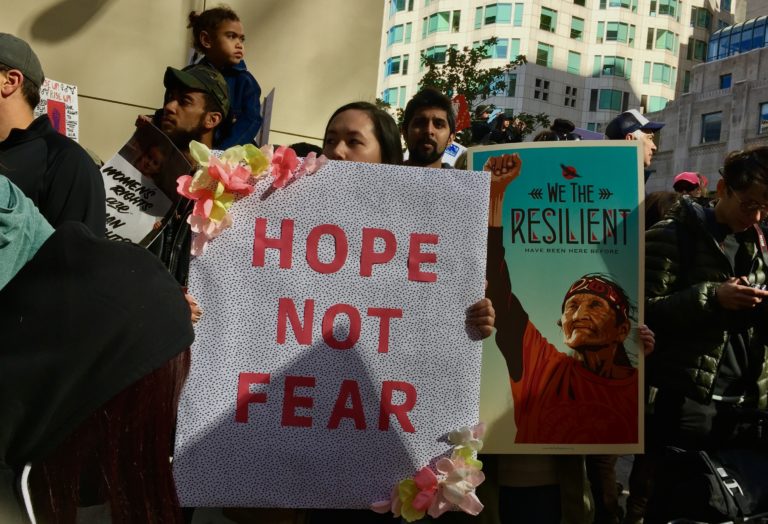Manifestos have resurfaced as fuel for firing political imaginations and calling people to action in a threatening time. But what can they really accomplish? A rethinking of the limitations of manifestos—their panic-driven contexts, their emphasis on collectivities rather than individuals, the vagueness and combativeness of their language—suggests that there may be other more fruitful ways of instilling care of and for language in everyday life and politics. With due deference to Orwell for his focus on the political dangers of not caring for language, we posit that his prescriptions can also inhibit our abilities to communicate in productive ways, across disparate communities that might stand to gain from breaking out of strictures on political language and expression. Inspired by Arendt’s call to “think what we are doing,” we propose as a starting point a language charter that will make language everyone’s business.
Articles by Yuliya Komska
Yuliya Komska is an Associate Professor of German Studies at Dartmouth College. She is the author of The Icon Curtain: The Cold War's Quiet Border (U Chicago P, 2015) and a co-editor of Eastern Europe Unmapped: Beyond Borders and Peripheries (Berghahn, 2017). With Michelle Moyd and David Gramling, she wrote Linguistic Disobedience: Restoring Power to Civic Language, forthcoming with Palgrave in 2018.
